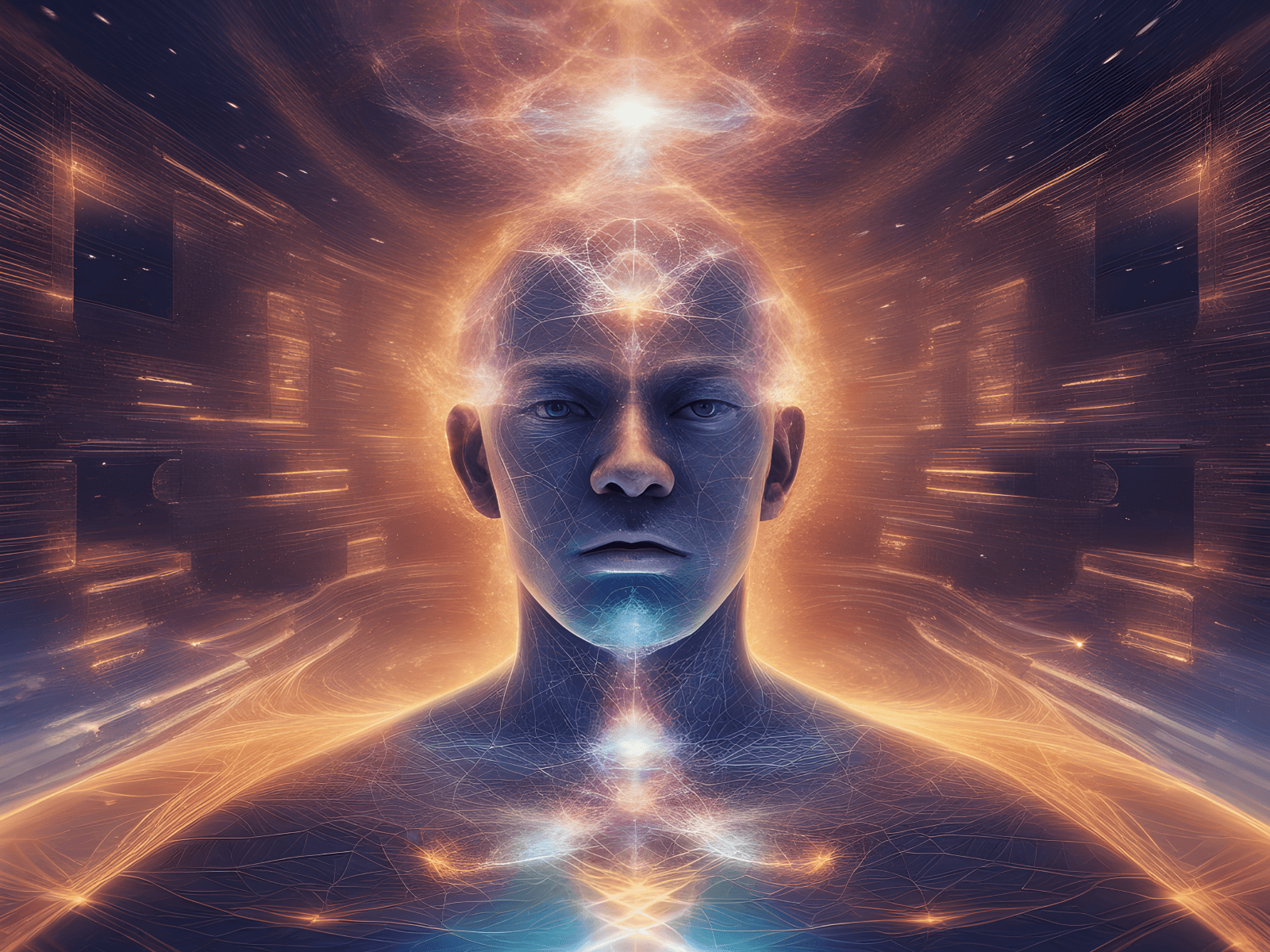Memories are often thought as moments we remember from a time that we experienced before. In fact, that's basically the definition of a what a memory is. They're the mental snapshots of the past that shape our understanding of the world and our place in it. But let's go deeper.
What are our memories, really?
How Computers Work
With computers, memory refers to a system's ability to store and retrieve data. It's primarily made up of bits and bytes, which are the fundamental units of information and how computers make up what we know as interfaces and how they exchange information. Everything when it comes down to it, is numbers.
Computer memory functions as a storage container, allowing the device to access data quickly and efficiently. This digital memory is essential for the operation of computers, ensuring they can carry out tasks and processes efficiently.
Now, how do human memories relate to this idea of computer memory? In some ways, they share similarities, but in many ways, they are much different but it helps to understand their parallel functionality.
Human Memories Are More Than Just Data
While computer memory deals with binary code and data, human memories are far more complicated. They encompass emotions, sensory perceptions, and personal experiences.
Human memory is a system that isn't limited to just the storage of data. It's literally the repository of your life experiences, a record of not only what happened but how it felt and what it meant to us.
Unlike computer memory, human memories aren't just retrieved when needed for a specific task. They often resurface automatically, triggered by a smell, a song, or a random encounter with someone who looks like someone you used to know - really anything.
Your memories are in some way, an alternative you, because when you made the memory it was in your real time.
You're making memories right now, but what makes it a memory is when you look back from the future into the compression file in your mind of what this moment used to be.
The thing about our memories is they are not just static recordings of the past. They are dynamic and living constructs of reality. Remember, they used to be what was real time, but that doesn't destroy their utility as a storage of slides and information we can use to build our reality now.
When you start to look at how Life Is A Series Of Frames And Slides it may help you piece together the shape of the canvas of your reality. Your reality is very much similar to a screen, making our memories stored somewhere in the ether around us. Memories in a strange way aren't stored anywhere we can see, but then again where is consciousness located?
Every time we remember something, we simultaneously reconstruct it to fit into our current understanding, sometimes subtly altering the details or the emotions associated with it from the context of how much we've already grown.
Think of it like this: How many times have you only remembered something once? You do it all the time, and then forget what you were remembering.
In ways it's as if the memory is used to install a new set of functionality into our reality and once installed, the file is deleted and you just have the trait now. You can go back and try to remember it again, but the memory has shifted and is almost not even necessary to remember anymore.
So there's memories that we learn from and grow automatically as a result and there are memories which keep us in a lock position, always trying to go back to the instance of when it was created so we can retrieve more information about what it was, why it happened, and what we're not learning.
When you think about it some more isn't that like trying to reinstall something by going back to it? Again and again, we go back to the same sets of memories and those linger, and the ones we don't go back to are subtle lessons we automatically learn without needing to do anything.
Could it be that the memories that remained fixed in our perception that we're continuously reminded of, are meant to be blocks which hold our lesson?
Back to computers, when a computer needs to retrieve something for a specific task, it goes back to where the information is stored in memory, grabs it, and sends it back to where it's needed.
We already talked about how memory has the function of helping you to learn something.
We collect moments in real time, make them into memories to use later for our future real time.
It's a spiral of progression and growth. Maybe our purpose is to fill in the details of what we came with no knowledge of, and our life is about building our own operating system filled with further understanding?
It's as if our life is a collection of moving GIFS and photographs suspended in space and we're building a quantum computer system of all that was meaningful and worth knowing.















